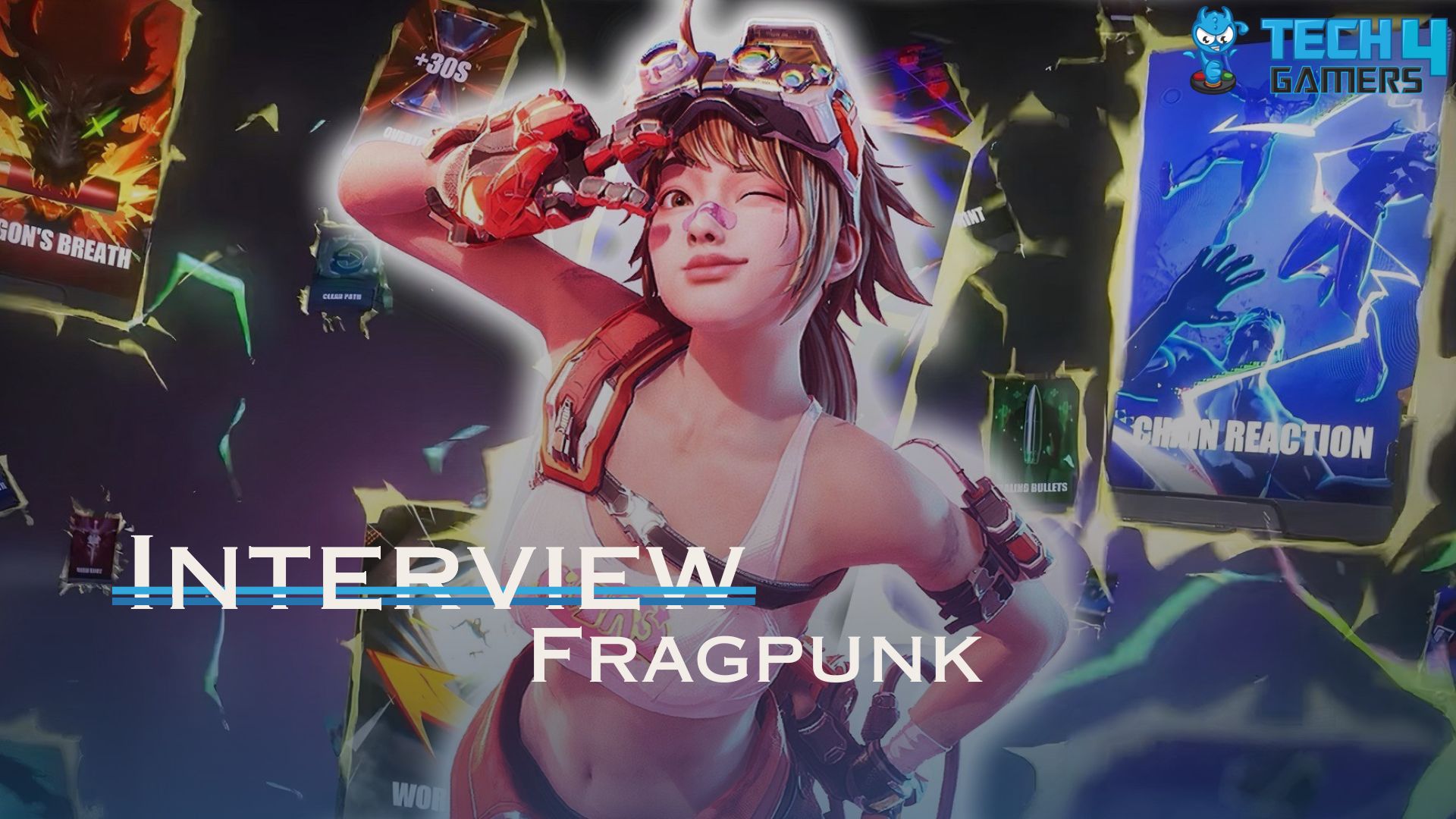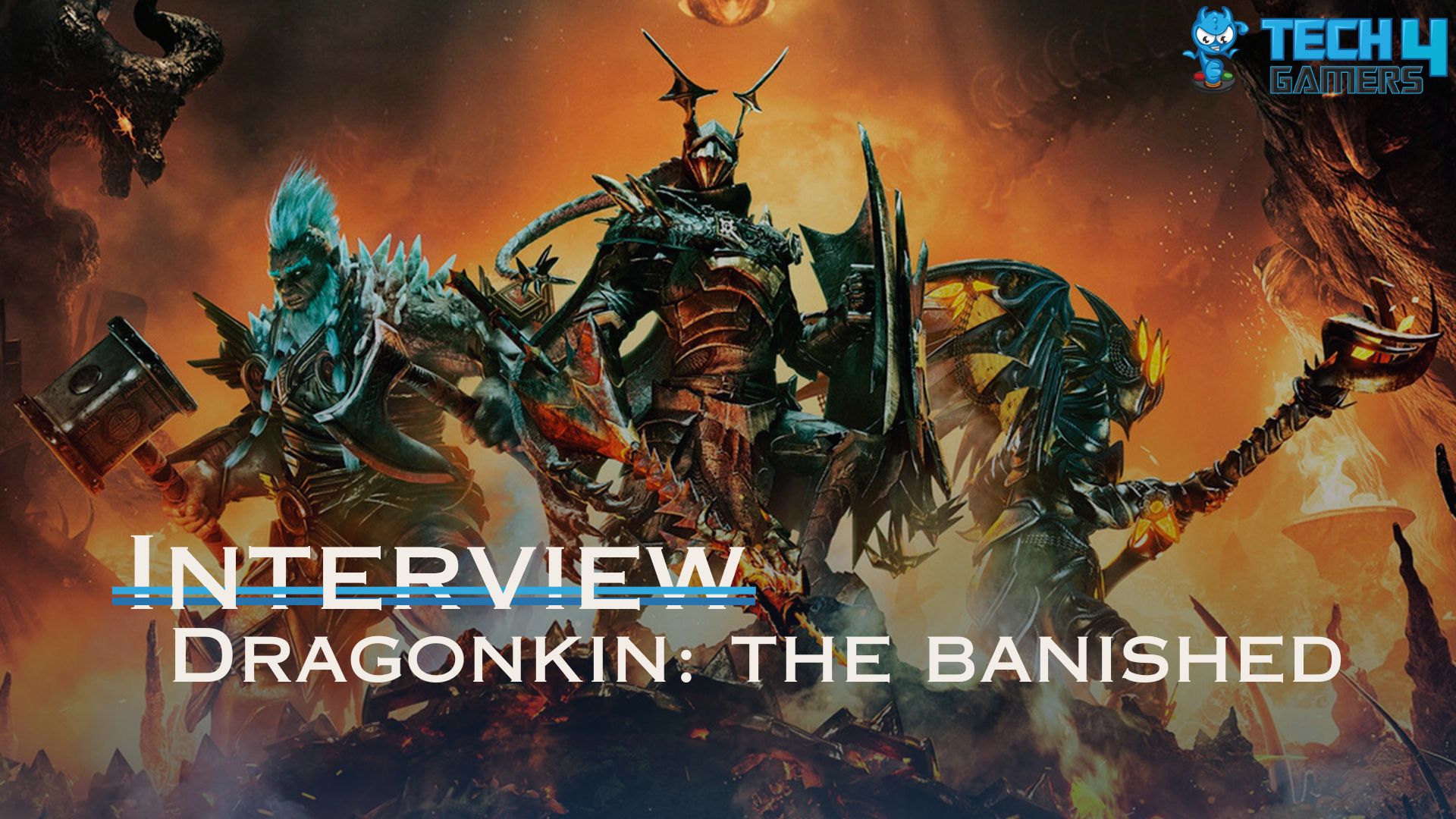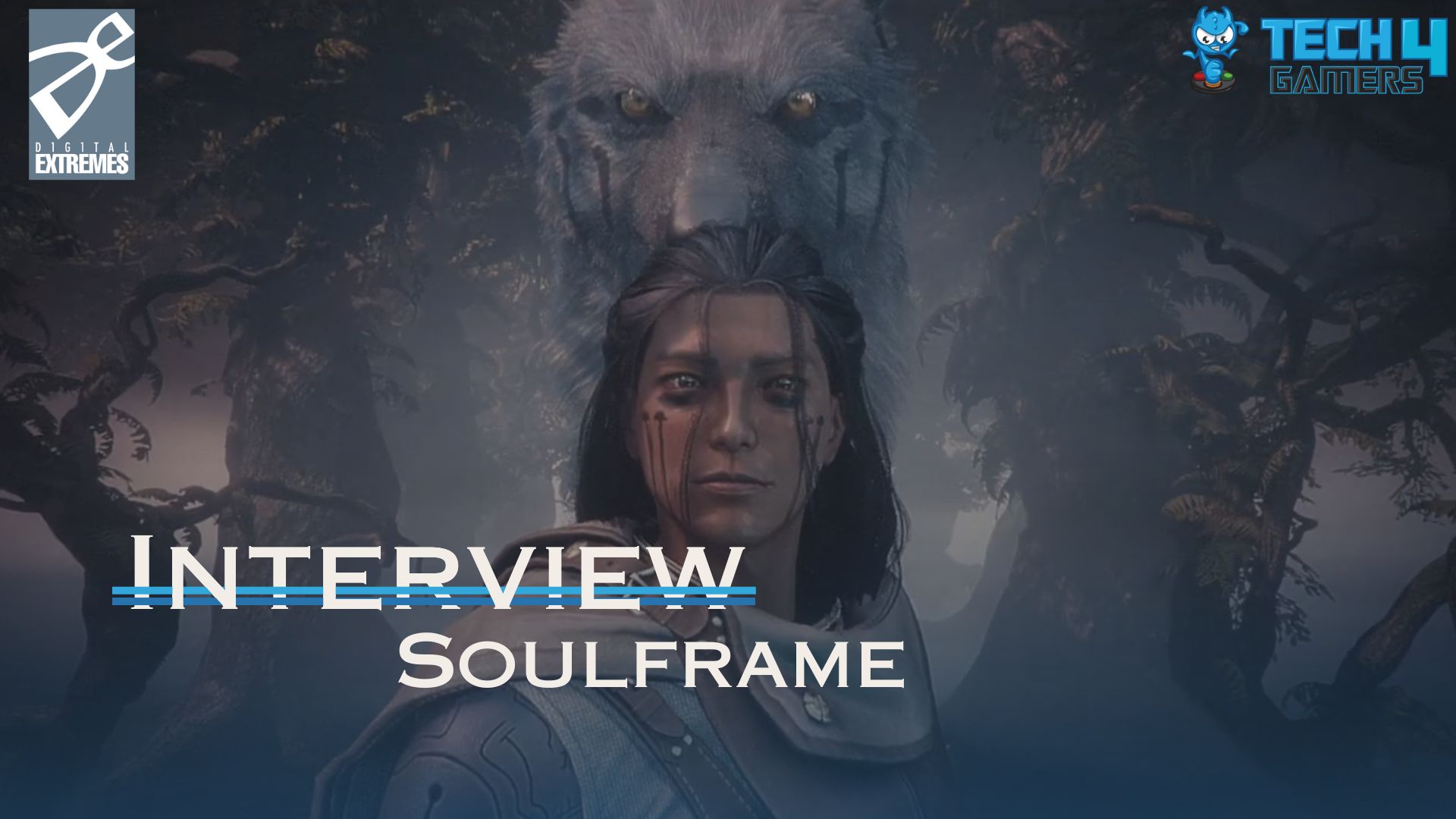- Vata Games just launched its first game last month.
- Ario takes inspiration from the likes of Prince of Persia and Heavenly Sword to tell a heartfelt story about a teenager.
- During our interview with Vata and Artax Games, the team discussed its latest project in detail, explaining the challenges of indie development, future ambitions, and more.
Ario is the latest release that seeks to present its own spin on sidescroller metroidvanias. Combining parkour and tower defense elements, the game presents a recognizable yet distinct fantasy concept from an indie studio.
At the same time, it channels the charm of classic Prince of Persia entries. We recently discussed how these elements came together with developer Vata Games and publisher Artax Games.
During our interview, we went over console support, the idea behind picking this specific visual style, and more.
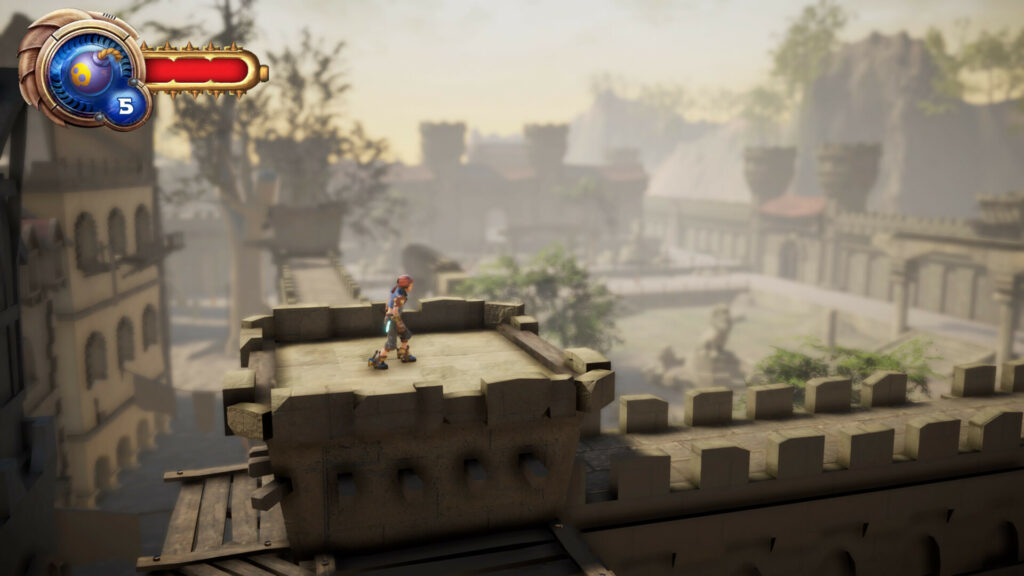
Jesús Luengo, Artax Games: I would say Ario is an old-school game in many aspects. When Vata shared a build with us for the first time, our first thought was, “Hey, this feels like a classic Prince of Persia.”
In many aspects, it is. 2D platforming, timed events and puzzles, enemies along the levels… but at the same time, it is also a modern game, with some splashes that make it quite unique, and a tower defense mechanic that allows taking control of arrows in first-person as they fly to their objective providing really standing out to provide really cool and exciting moments.
Bahram Borgheai, Vata Games: Yes, as a platforming game, we had major games in this genre in mind, such as Prince of Persia (although obviously not its recent arcade version, as we started the projects long before it) or Tomb Raider; Also, our source of inspiration for us was “Heavenly Sword” with interesting minigames in it.
Additionally, in the early stages of the design, we had a vision to make a PC/Console game with the potential to be ported to smartphones in the future. So, we wanted very simple and smooth movements and transitions to be playable without a joystick or keyboard. So, having that in mind might have affected our decisions in navigation mechanics.
The other aspect in our mind was the steampunk component in our environment. Our main character was a typical teen with no exceptional strength (like God of war heroes), and given that, we needed some elements to strengthen him. We used steampunk-like technology like steam pumps on the character’s footwear or clothes to provide him with extra power or agility.
Jesús Luengo, Artax Games: No specific support for the platform has been implemented, but we tested it on Steam Deck, and it works fine, as Artax took care of providing full control with the gamepad while porting to all platforms.
Bahram Borgheai, Vata Games: We did not want to have monotonous side-scrolling/platforming mechanics and were looking for some mini-games to break the dominant platforming gameplay and bring temporary relief that adds new taste to the main theme.
Again, Heavenly Sword gave us the courage and inspiration to do that. We also had the sliding mechanics in our original design but later removed it because of production problems.
Bahram Borgheai, Vata Games: Art style was a multiplex. One aspect was that the story was rooted in ancient Persia, so we used Persian elements in our environment, which, because of its nonfamiliarity and authentic nature, made the game look novel and different from similar known games.
The second component stemmed from the fact that we initially developed the game with UDK and then switched to Unity. At that time, most of our environments, characters, and objects were modeled and produced. So, I would say some graphic style components have been inherited from UDK and were an adaptation to be matched with already produced stuff.
And finally, we wanted to experiment with what it could achieve with limitations and the scope of the project. That’s why we chose not to go toward styles like cell-shading and instead opted for a 3D aesthetic that pushes our limits.
Bahram Borgheai, Vata Games: Sure. I and some of our team members have Persian origins, and that certainly had an impact on the way the world and story have been shaped.
The challenges, Ario, as a young man, faces in that imaginary world is not that different from reality. We’ve just fictionalized the true stories around us and other (young) people living there or have lived in that region throughout history.
Bahram Borgheai, Vata Games: The most challenging part of production was to move from UDK into Unity in the middle of our development; It cost us a lot and produced a complex of technical and production problems.
But, at that time, we had no other choice as UDK support was declining, and we had also lost our main UDK developers. At the same time, Unity developers were much easier to recruit. The next big challenge for us was to implement nonlinear and spline paths in the characters’ navigation and to provide a smooth transition for the character from platforming to arrow shooting and fighting.
For a gamer not to feel monotonous side-scrolling navigation, in our design, we decided to break this way of movement in a way that sometimes it was needed to navigate into the depth or have 90-degree turns. Implementing this was a big challenge for us.
Bahram Borgheai, Vata Games: Sure. The first move would be to consider customizing the game to be portable to new platforms, like Switch and smartphones. Also, we plan to release some mini sequels and mini-games for Ario; we have some incomplete levels produced, which were removed from the final product; we can complete them and release them.
And other than Ario, we have some other designs and stories to work on. We’ll decide after seeing the feedback from this title.
Bahram Borgheai, Vata Games: First of all, I hope the gamers enjoy playing it. For sure they would find some innovative features and a lot of potential in the title. But, at the same time, I should ask them to be kind and fair to an indie game developer like us and not expect an AAA fully polished game in hand.
With little budget, limited resources and a small team, it is very difficult to compete with big titles and companies. The only way to survive is to be a bit different and innovative. And in Ario they will find a different taste.
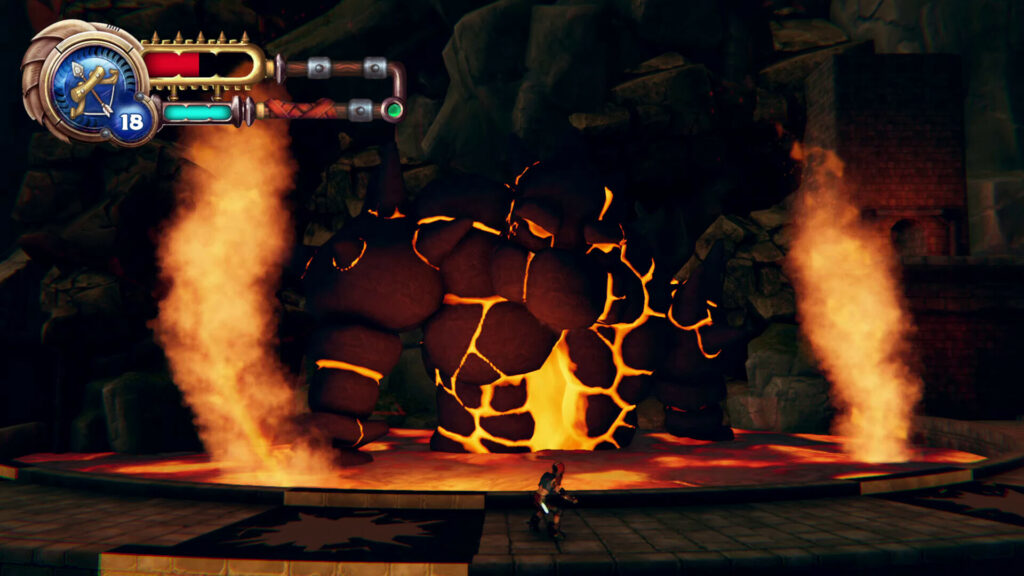
Ario is currently available for purchase on Steam. The game has also arrived on consoles and could make its way to smartphones since Vata Games kept these platforms in mind during development.
With more than 10 levels and bosses, each with a distinct look and atmosphere, the game has no shortage of content as an indie release. Vata Games also promises an innovative experience, making Ario worth your attention.
We encourage our readers to visit the Steam page for more details on Ario, and we also thank Vata and Artax Games for conducting this interview.
Thank you! Please share your positive feedback. 🔋
How could we improve this post? Please Help us. 😔
[News Reporter]
Avinash is currently pursuing a Business degree in Australia. For more than three years, he has been working as a gaming journalist, utilizing his writing skills and love for gaming to report on the latest updates in the industry. Avinash loves to play action games like Devil May Cry and has also been mentioned on highly regarded websites, such as IGN, GamesRadar, GameRant, Dualshockers, CBR, and Gamespot.


 Threads
Threads